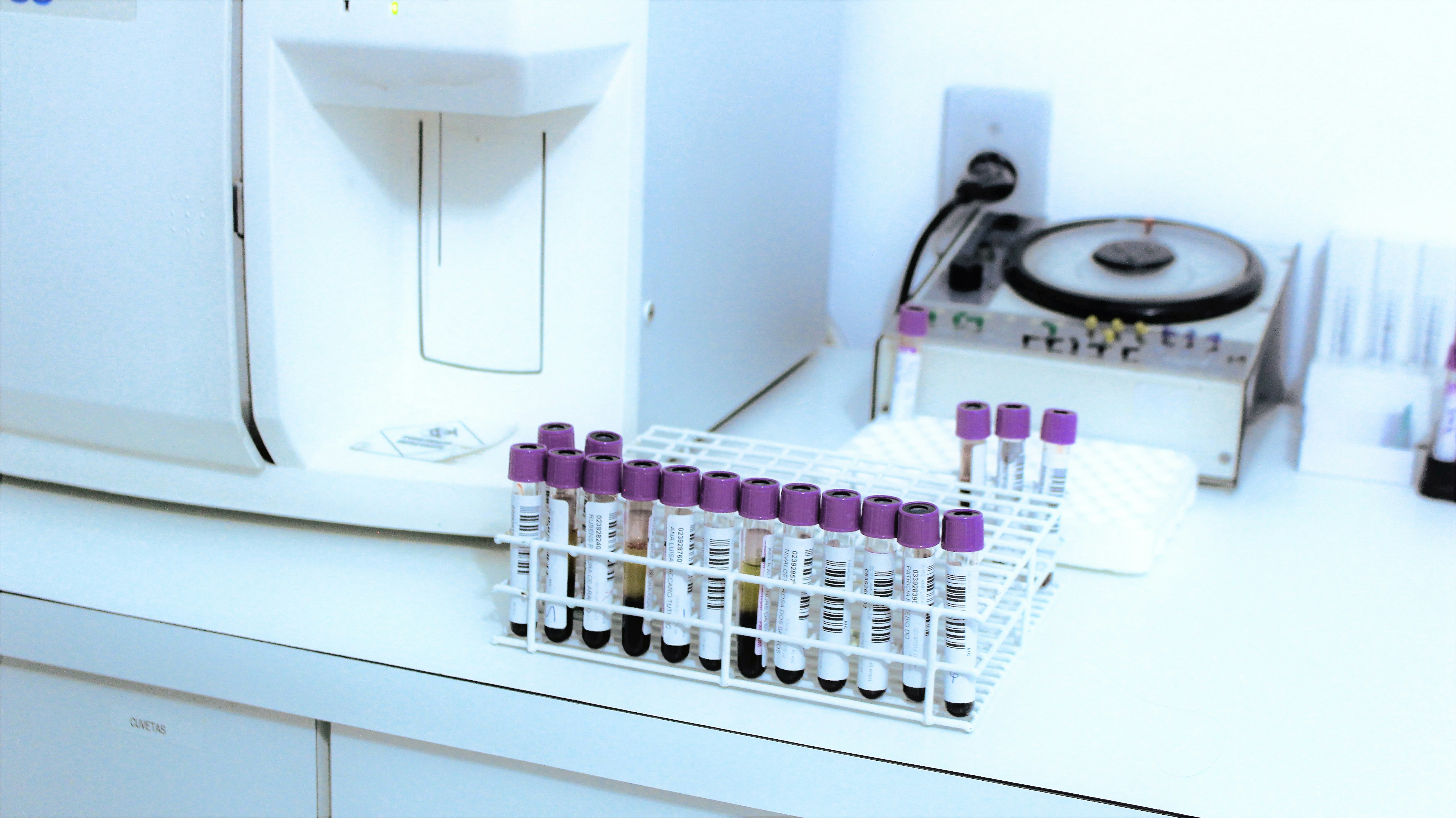Laboratory Testing and Chemical Use in Hospitals and Medical Clinics
Hospitals and medical clinics depend on accurate laboratory testing to support diagnosis, treatment, infection control, and public health initiatives. These clinical settings use a wide range of high-quality chemicals and reagents to perform tests in microbiology, hematology, clinical chemistry, and molecular diagnostics. Reliable access to these chemicals ensures consistent, accurate, and safe medical testing.
In this article, we’ll explore the most common types of lab tests conducted in hospitals and clinics, the chemical reagents used, and how a dependable supply chain supports patient care and regulatory compliance.
The Role of Laboratory Testing in Healthcare
Clinical laboratories are the backbone of modern medicine. Physicians rely on lab test results for:
-
Diagnosing illnesses and infections
-
Monitoring chronic conditions
-
Guiding treatment plans
-
Screening for diseases
-
Ensuring patient safety in surgery and critical care
Every test, from a basic glucose check to a complex PCR assay, relies on precise chemical reagents and controlled processes.
Common Laboratory Tests in Hospitals and Clinics
1. Clinical Chemistry Tests
These tests analyze blood and other bodily fluids to assess organ function, metabolic health, and electrolyte balance.
Examples:
-
Glucose, sodium, potassium, calcium
-
Liver enzymes (ALT, AST)
-
Cholesterol and lipid panels
Common Chemicals Used:
-
Sodium fluoride (preservative in blood collection)
-
Tris buffer, phosphate buffers
-
Colorimetric reagents (e.g., o-toluidine for glucose)
-
Enzyme substrates (e.g., NAD, LDH, CK)
2. Hematology Testing
Hematology tests help evaluate red and white blood cells, hemoglobin levels, and clotting factors.
Examples:
-
Complete blood count (CBC)
-
Coagulation panels (PT, aPTT)
-
ESR (erythrocyte sedimentation rate)
Chemicals and Reagents Used:
-
EDTA (anticoagulant in blood tubes)
-
Citrate buffer (for coagulation testing)
-
Staining solutions (Wright’s stain, Giemsa stain)
-
Hemolytic agents
3. Microbiology Testing
Hospitals must detect and monitor infections caused by bacteria, viruses, fungi, and parasites. Microbiology labs are key in infection control and treatment decisions.
Techniques Include:
-
Culture and sensitivity testing
-
Gram staining
-
Rapid antigen tests
-
PCR for pathogen detection
Chemicals Used:
-
Agar media (TSA, MacConkey, blood agar)
-
Gram stain reagents (crystal violet, iodine, safranin)
-
Ethanol or acetone (decolorization)
-
DNA/RNA extraction kits (for molecular testing)
-
PCR reagents and primers
4. Immunoassays
Used to detect hormones, antibodies, and antigens—crucial for diagnosing autoimmune diseases, infections, and endocrine disorders.
Examples:
-
ELISA (Enzyme-Linked Immunosorbent Assay)
-
Rapid COVID-19 antigen tests
-
Pregnancy testing (hCG)
Common Reagents:
-
Enzyme-labeled antibodies
-
Substrate-chromogen solutions (e.g., TMB)
-
Blocking buffers
-
Bovine serum albumin (BSA)
5. Molecular Diagnostics
Advanced clinics and hospitals use DNA-based testing for precision diagnostics in oncology, virology, and genetic disorders.
Techniques:
-
PCR (Polymerase Chain Reaction)
-
qPCR and RT-PCR
-
Nucleic acid hybridization
Essential Chemicals:
-
dNTPs, Taq polymerase
-
Ethidium bromide (for gel visualization)
-
Tris-acetate-EDTA (TAE) buffer
-
SYBR Green, DNA ladders
6. Urinalysis and Toxicology
Urine tests are used for metabolic screening, drug monitoring, and disease detection.
Tests Include:
-
Dipstick urinalysis
-
Microscopic analysis
-
Toxicology panels
Reagents and Supplies:
-
pH indicators, nitrite and protein reagents
-
Benedict's solution
-
Chromatographic reagents for drug screening
Essential Lab Chemicals for Hospitals
| Chemical/Reagent | Application |
|---|---|
| EDTA | Anticoagulant in hematology testing |
| Sodium fluoride | Preservative for blood glucose tests |
| Tris buffer | Used in PCR and biochemical assays |
| Agar media (TSA, blood agar) | Microbial culture growth |
| Ethanol (70%, 95%) | Surface sterilization and gram staining |
| TMB substrate | ELISA assays |
| Hydrogen peroxide | Disinfection and wound cleaning |
Serving Healthcare Labs Across Southern California
At 949 Chemical, we proudly support hospitals and clinics in San Diego, Orange County, Los Angeles, and Santa Barbara with:
-
USP- and ACS-grade laboratory reagents
-
Diagnostic kits and test media
-
Blood collection tube additives and buffers
-
Custom-packed lab chemicals for medical use
All products are sourced to meet CLIA, CAP, and CDC standards for clinical laboratories.
Conclusion
From routine blood tests to advanced molecular diagnostics, hospitals and medical clinics rely on the accuracy and consistency of laboratory chemicals to provide timely, life-saving care. Ensuring access to high-purity, compliant reagents is essential for delivering reliable results and maintaining public health.
Partner with 949 Chemical to equip your clinical lab with the highest-quality chemicals and testing supplies. We understand the precision and urgency of medical testing—and we’re here to deliver.

